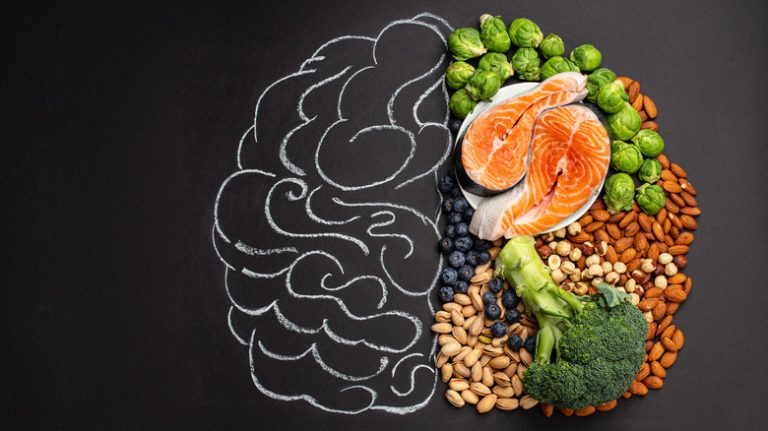When you’re done with a long day of work or school, you probably have something waiting at home that you’ve been looking forward to. It might be a crafting project or watching movies with more than a little attention on figuring out their special effects. You might have a new vinyl record you’ve been looking forward to or a recipe that you finally have time to try out. All of these qualify as hobbies, or activities done for pleasure in someone’s free time, according to Utah State University.
Hobbies may have gained more traction over the last few years as people had more time to spend at home. A reported 59% of Americans picked up a new hobby during the pandemic, according to The Atlantic. Many people had more time on their hands and more than a little strain added to their mental health.
Those two elements combined may just explain the uptick in American hobbyists, as hobbies provide stress relief and mental health boosts in many different ways, according to Head to Health. But how exactly can they boost mental health?
A respite from daily life

Kettering Global explains that hobbies help us take our minds off the daily stress of life. Hobbies also give us a sense of control, particularly when we master new skills or techniques. This feeling can be especially important in times of upheaval when there is so much that we cannot control. But the benefits don’t stop there.
A hobby’s specific mental health impact changes depending on the nature of the hobby itself. Head to Health states that while physically active and outdoor activities provide physiological benefits, all hobbies can help reduce stress and increase a person’s sense of happiness. Hobbies even help people relax and build a social network as they share their passion, strengthening our social connections.
It can even help families better connect with each other. A 2024 study published in the Journal of Adolescent Health found that the more often adolescents ate dinner with families and discussed their lives, the more often their mental health remained positive. By contrast, adolescents who felt they couldn’t communicate with their families had comparatively worse mental health.
The study may have focused on adolescents, but it is easy to see how adults could benefit from stronger social connections as well. And talking about a beloved hobby is a good place to start.



